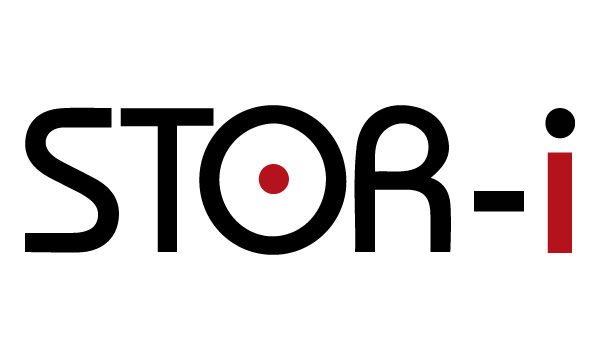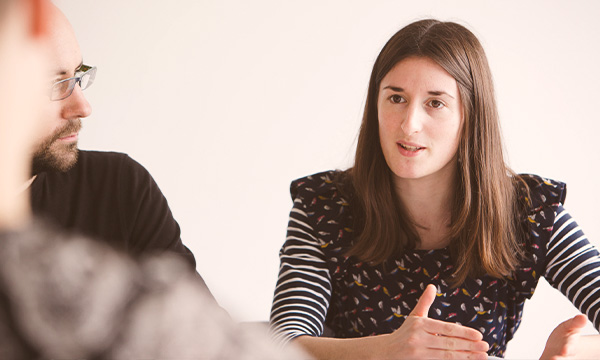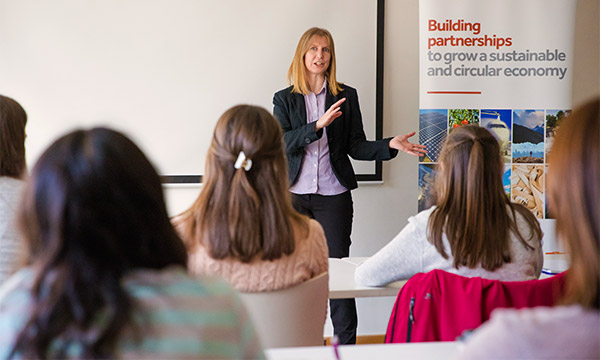The School of Mathematical Sciences values the benefits brought by effective partnerships with business, and are one of the most industrially-engaged mathematics and statistics departments in the UK. We have strong collaborative links with the medical research industry in the design of novel trials through the Medical and Pharmaceutical Statistics research unit and are core partners in the STOR-i Centre for Doctoral Training, with approximately 30 industry co-sponsored PhD students. The School is also host to multiple industrially co-supported research projects and is always keen to develop further collaborative links.

Contact Us
Please contact us to discuss collaborative research opportunities in Mathematical Sciences.
Professor David Leslie
Professor of StatisticsDSI - Foundations, Statistical Artificial Intelligence, STOR-i Centre for Doctoral Training
Statistics
The Statistics section has a long-standing tradition of conducting methodological research motivated by, and feeding back into, applied challenges arising from work with industrial partners. To this end, we have formed collaborative programmes with a number of leading national and international organisations.
These provide us with opportunities for:
- identification of important research challenges, currently not met within the literature
- staff and student exchanges, to foster longer-term collaborative opportunities
- development of research programmes of mutual interest
Such collaborations can take many different forms including (co)funding of PhD projects, postdoctoral funding and internships.
Statistics research groups
STOR-i
Partnership with business is a core element of STOR-i. As such we have teamed up with leading industries that recognise and support the need for highly-skilled researchers in statistics. Current partners include BT, Shell, Unilever, the Met Office and the National Nuclear Laboratory. We have also forged international research partnerships with SFI (Norway), the Naval Postgraduate School (US), Northwestern (US) and the University of Washington (US). These key cross-disciplinary centres have been selected for their international research reputations and for the degree of alignment of their agendas with that of STOR-i.
STOR-i
Medical and Pharmaceutical Statistics Research
The Medical and Pharmaceutical Statistics Research Unit (MPS) develops and evaluates novel statistical methods of study design and data analysis for use in the pharmaceutical and medical research community. It consequently works with a number of partners in healthcare, the public sector and pharmaceutical industry, including AstraZeneca, Novartis and Roche. As part of its continued commitment to professional development, the MPS unit has prepared a number of courses which may be commissioned by organisations and tailored to meet special requirements. A selection of these is also run each year at Lancaster.

Geometric Rigidity
The Discrete Mathematics and Geometric Rigidity group has interests in applying mathematical techniques to industrial problems and has a number of established relationships with industry, notably in the area of Computer-Aided Design (CAD).
Discrete Mathematics and Geometric Rigidity research group
Industrial Placements and Dissertations
As part of our undergraduate programmes, we offer our students the opportunity to undertake an industrial dissertation in their fourth year. Students on our MSc programme in Data Science all undertake an industrially-sponsored dissertation. If you would be interested in exploring the possibility of working with us in this way, please contact us.
Our Science and Technology Employability team can also help you access our students, plus students from across sciences and technology (biological and environmental sciences, computer science, communications systems, chemistry, a range of engineering disciplines, geography, physics, and psychology) through internships, careers fairs, collaborative research projects, year in industry programmes, volunteering programmes and recruitment services.
Student Engagement
Science and Technology at Lancaster University
The School of Mathematical Sciences is part of the Faculty of Science and Technology, a community of eight departments engaged in world-leading research that makes a demonstrable difference to our economy and society. To find out more about how to engage with our other departments, which include Chemistry, Computing and Communications, Engineering, Lancaster Environment Centre, Natural Sciences, Physics and Psychology, please see the Faculty's Partnerships and Business Engagement pages.
Partnerships and Business Engagement


